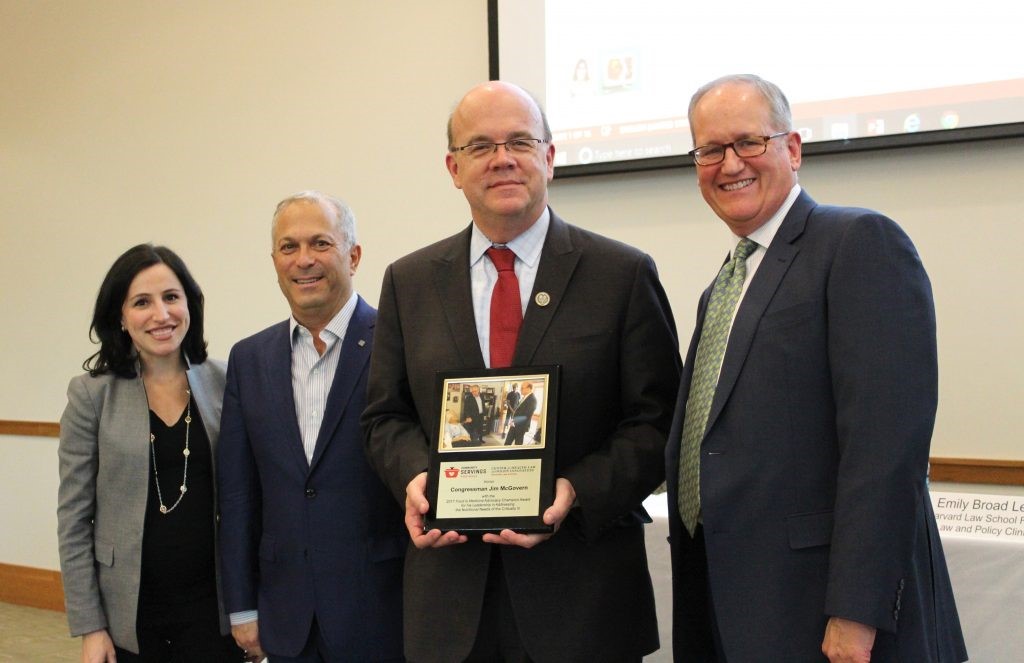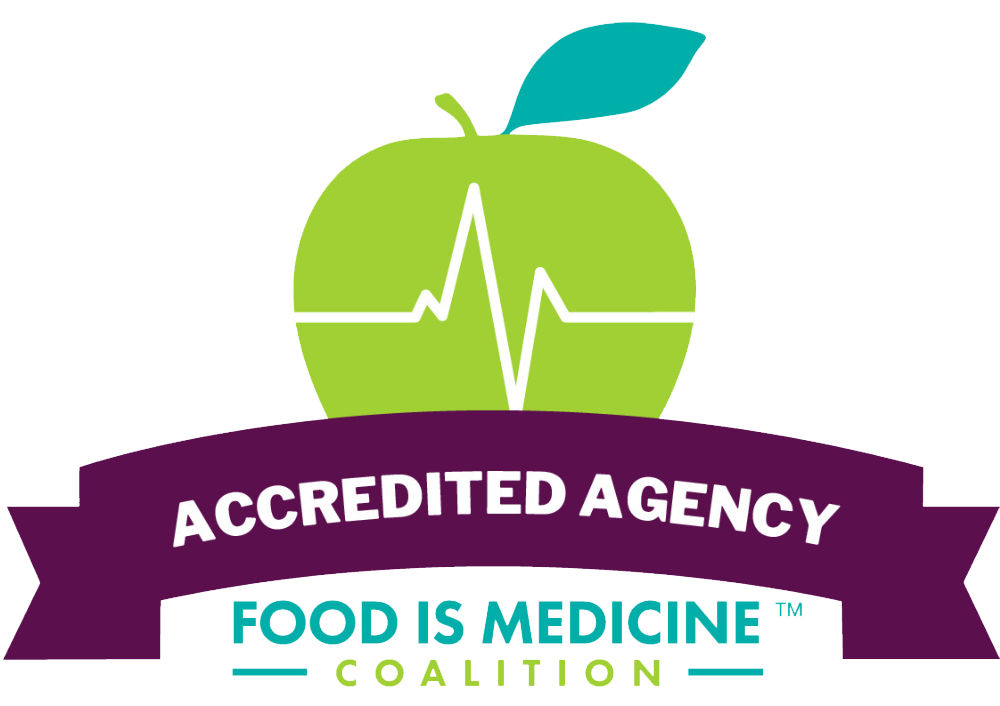Research
We measure the return on investment for the provision of medically tailored meals through healthcare payment models. Data from our research projects is instrumental in building the evidence base and furthering our work and that of the broader Food is Medicine field.
EVALUATING THE FOOD IS MEDICINE APPROACH ON HEALTH
The rigorous study, funded by the Robert Wood Johnson Foundation’s Evidence for Action program, utilized Massachusetts’ insurance claims database and found that participation in a medically tailored meals program was associated with fewer hospital admissions and nursing home admissions, and less overall medical spending. The study team was led by Dr. Seth A. Berkowitz, a physician and assistant professor at the University of North Carolina School of Medicine in Chapel Hill, N.C. Community Servings collaborated with researchers at the Massachusetts Department of Public Health and the Mongan Institute at Massachusetts General Hospital. Results of this study were published in the April 2019 issue of the journal JAMA – Internal Affairs. Learn more about the study and results.
THE ROOT CAUSE COALITION’S STATUS OF HEALTH EQUITY REPORT
Community Servings is proud to have contributed to The Root Cause Coalition’s Status of Health Equity Report, examining both the progress — and the gaps — in addressing the health disparities and socioeconomic factors influencing individual and community health and well-being. The report includes the Actionable Strategies that can be implemented by organizations and communities across the country, and also provides examples of the extraordinary work being undertaken nationally, regionally and locally by the Coalition’s members in an effort to address the root causes that affect health and well-being.
To download a PDF of the full report, click here.
EVALUATING IMPACT OF MEDICALLY TAILORED MEALS PROVIDED THROUGH HEALTH INSURANCE
Our health insurance claims data study, evaluating the impact of medically tailored meals provided through health insurance, was funded by AARP Foundation and undertaken in partnership with Massachusetts General Hospital and Commonwealth Care Alliance. The study looked at healthcare claims data of CCA patients who received our medically tailored meals compared against control groups with similar demographics, and demonstrated a 16% net reduction in average monthly healthcare costs for patients who received Community Servings’ meals. The study was published in the April 2018 issue of the journal Health Affairs. Learn more about the study and the results.
“I WAS ABLE TO EAT WHAT I AM SUPPOSED TO EAT”– PATIENT REFLECTIONS ON A MEDICALLY-TAILORED MEAL INTERVENTION: A QUALITATIVE ANALYSIS
This study published in the journal BMC Endocrine Disorders demonstrated that medically-tailored meal delivery programs are a promising approach to managing a difficult clinical problem— how to improve health in those with both diabetes and food insecurity. Our medically-tailored meal program offers the potential to improve not only clinical outcomes for patients with diabetes, but also quality of life and disease management, and reductions in stress.
Participant quote – “So what I’ll tell you was when I started my [A1C] level was so high. And when I started this program they had to teach me how much food I have to eat and all the protein I have to get. And then through the program my A1C went down. And my PCP, they tell me everything that was perfect and that she’s so happy, and I’m so happy right now I know how I have to eat.”
Themes identified in this study can be incorporated in future interventions to help improve health in vulnerable individuals with diabetes. Click here to learn more about this study and read patient reflections on their participation.
IMPACT OF MEDICALLY TAILORED MEALS ON FOOD INSECURE PATIENTS
Our medically tailored meals for diabetic patients with food insecurity study, examining whether our meal intervention changed diabetic patients’ diet in a way that showed improved health, was published in the Journal for General Internal Medicine. The study was funded by BCBS of MA and BNY Mellon. Results showed that diabetic patients who received our medically tailored meals ate more vegetables, fruits, & whole grains, & decreased their consumption of fats & added sugars. Read the study abstract.









